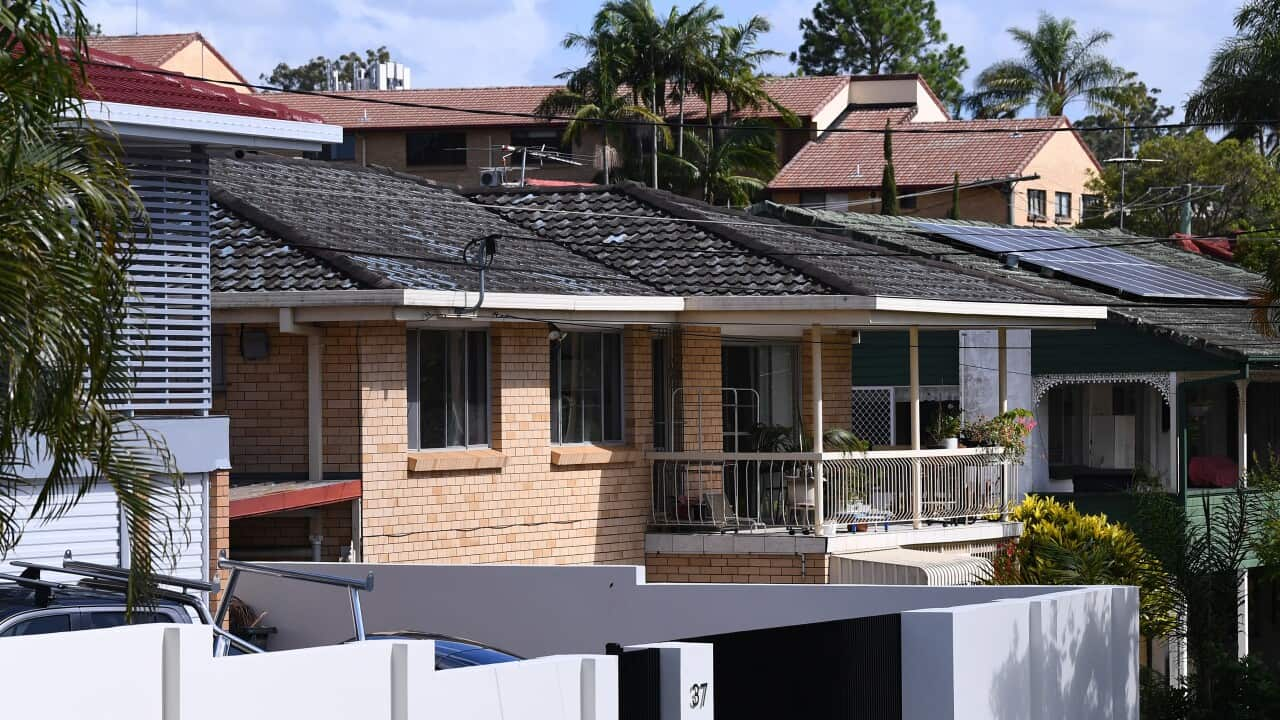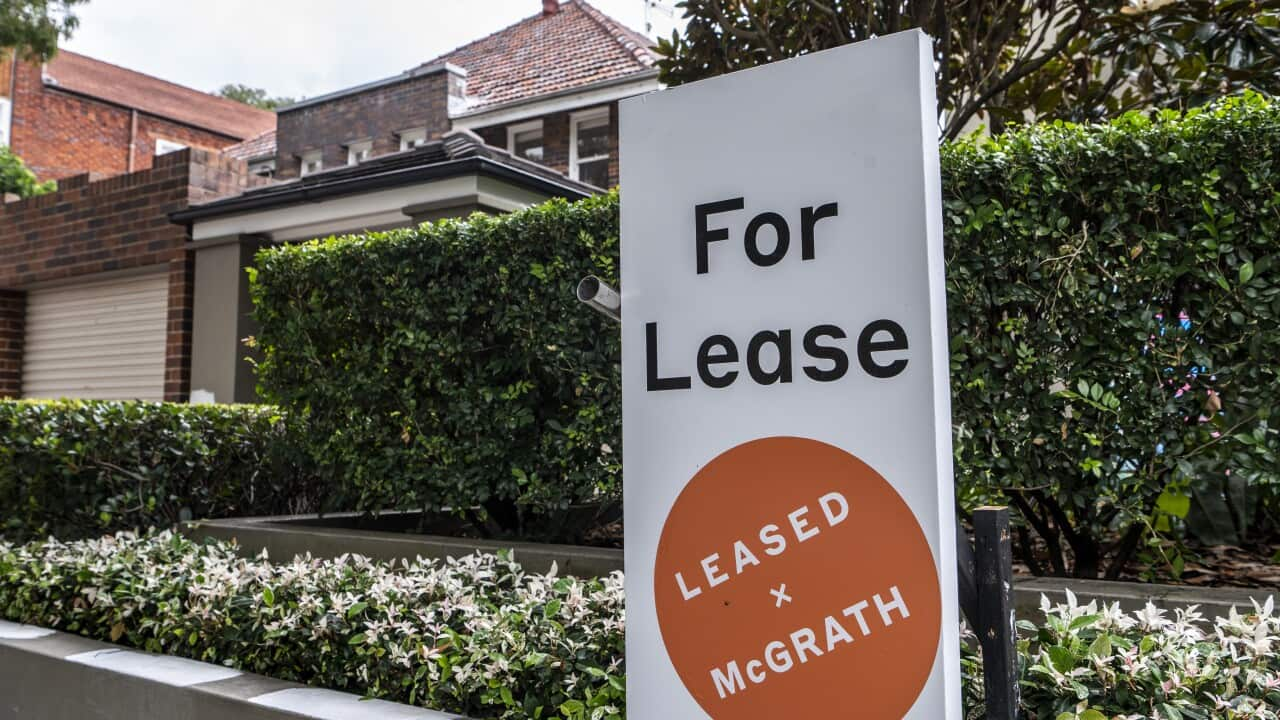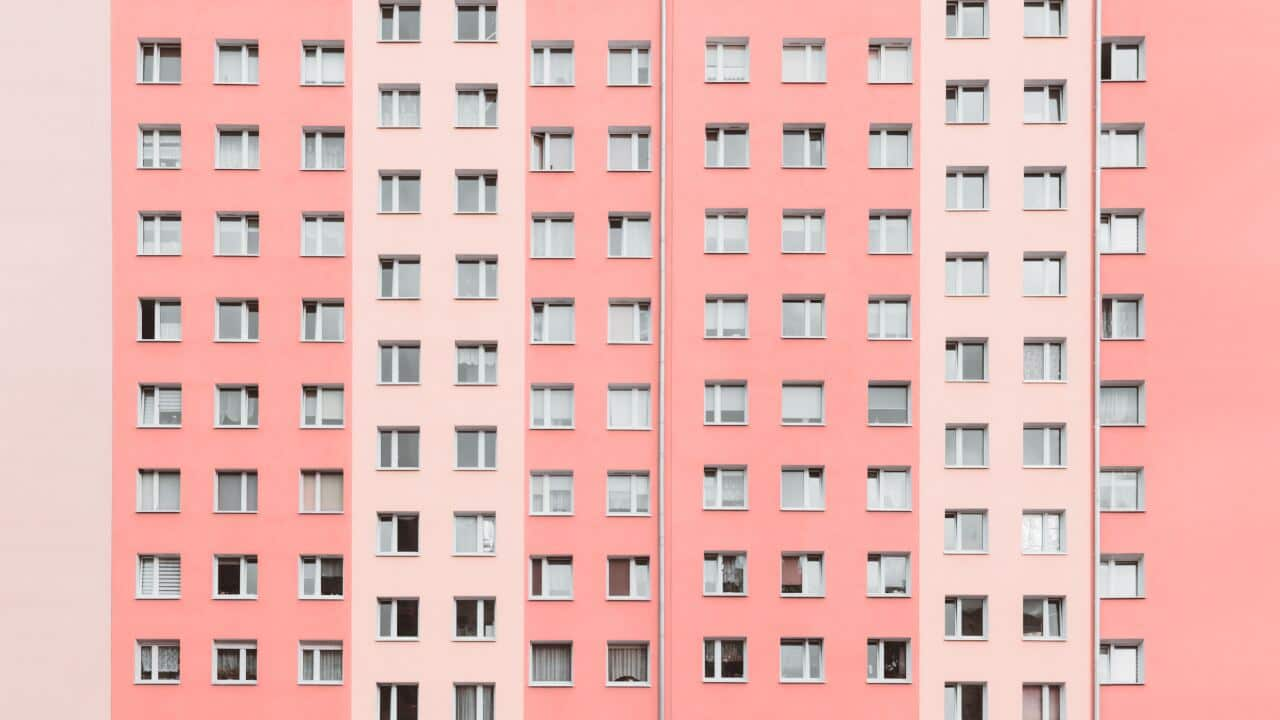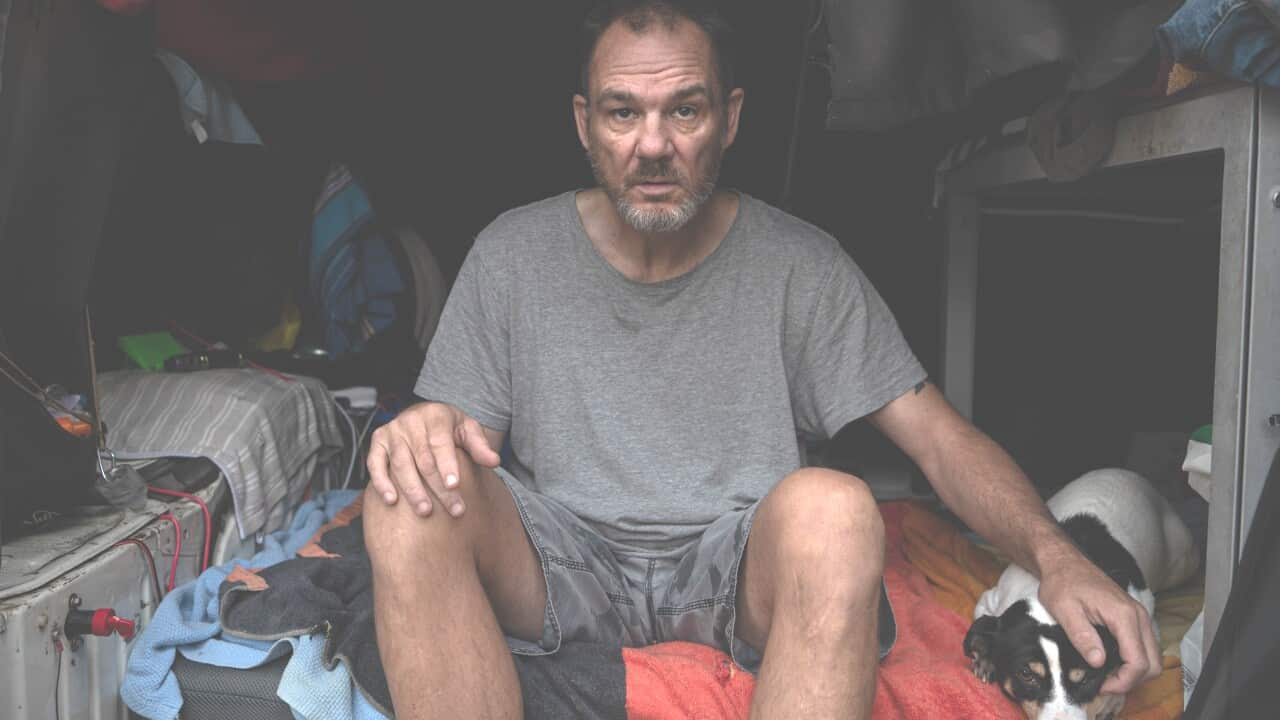This week, Reserve Bank boss Philip Lowe issued a dire warning to those who don't own their own homes: is set to worsen.
He , which he said could help to solve Australia's housing crisis: fill your spare room with a flatmate or live with your parents for longer.
"We need more people, on average, to live in each dwelling," he told a Senate estimates hearing on Wednesday.
"Higher prices do lead people to economise on housing, don't they? Kids don't move out of home because the rent's too expensive, or you decide to get a flatmate or a housemate," Mr Lowe said.
But is it that simple?
Why were the RBA governor's comments criticised?
Everybody's Home spokesperson Maiy Azize said most people were already doing what they needed "to keep a roof over their head".
"Young people are already living with their parents for record amounts of time; they're living there about four years longer than their parents did, and longer than any other previous generation," she said.
"And we know that working people are sharehousing for longer and longer. People like essential workers, for example, are sharehousing well into their 30s and 40s, which is a first for Australia.
"The actions of these individuals, in particular, didn't create this crisis, and they're not going to fix it."
Director of the Australian Centre for Housing Research, Emma Baker, said rather than provide a legitimate solution to the crisis, Mr Lowe's advice just "kicks the problem down the road".
"It's not their [individuals'] problem to solve," she said.
What could solve Australia's housing crisis?
"What we're seeing here is two crises that have butted heads, so you've got a crisis of supply and a crisis of affordability," Ms Baker said.
"When you've got a shortage of supply, someone's going to be pushed down. In the old days, you would capture them in social housing if they couldn't afford rents, but the safety net really isn't there now.
"There's a lot of people in the private rental sector who 20 years ago would have been social housing tenants."
Analysis from the UNSW's City Futures Research Centre last year found 640,000 households across Australia were experiencing housing stress.
Ms Azize said simply building more homes wasn't a solution on its own.
"We've never had more homes per head of population than we do now. We've built anywhere between 150,000 to 240,000 new homes every single year for the past decade, and you know what, it's not making housing any cheaper," she said.
"The reason isn't because people are moving out of their parents' house too early, or they're moving out of shared housing too early, it's that wealthier people are taking up more and more space, and they're hoarding more and more homes."
Ms Azize said a plan was needed to make sure homes being built were going to "the people who need them".
"For the past 40 years, that has not been happening," she said.
"We've left it entirely to the private market, and they're not distributing housing fairly."
Labor and the Greens remain in a stand-off over , which it claimed could see 30,000 social and affordable homes built in the next five years.
Ms Baker said while it's an example of "the types of policies" that Australia's needed for "a long time", if passed in its current form, it would only be "drop in the ocean".
"It's fantastic that something's being done … but it's not ambitious enough," she said.
Ms Azize agreed, saying it was "a fraction of a fraction" of the amount of social and affordable housing that was needed.
"This housing fund is a good thing for the people who get homes out of it, but it's not the answer to this shortfall," she said.
Ms Azize said when housing had been more affordable in the past, it was due to governments taking "much more deliberate action".
"If it's [the housing fund] not going to get bigger, then it can't be the only thing that the government is doing in this space," she said.
"The affordability crisis is so huge, we need to be looking at ways to limit landlords' ability to impose unfair rent increases on their tenants, we need to be looking at and seeing if more of those homes could be affordable rentals.
"It shouldn't be as easy as it is for people to go off and buy a second and third home and keep it empty while there are so many people in need."
Reforming the part of the tax system that "encourages people to profit from the rental crisis" would also help, Ms Azize said.
"Take a look at capital gains tax, take a look at — not only are they pushing up the cost of housing, but they're also costing the government a lot of money," she said.
"The government is set to lose $157 billion over the next 10 years on negative gearing, handouts for landlords, and all of that is money that could be better spent on social housing and helping those who are doing it tough."
Ms Baker said exploring ways to incentivise private developers to build more affordable homes could also be part of the solution.
"We need more affordable options for different people, you know, different shapes, different places, different models, maybe ones that we haven't tried before," she said.
"What are the things that we could do to make it financially viable for the private sector to be building in that space or helping in some way?"













